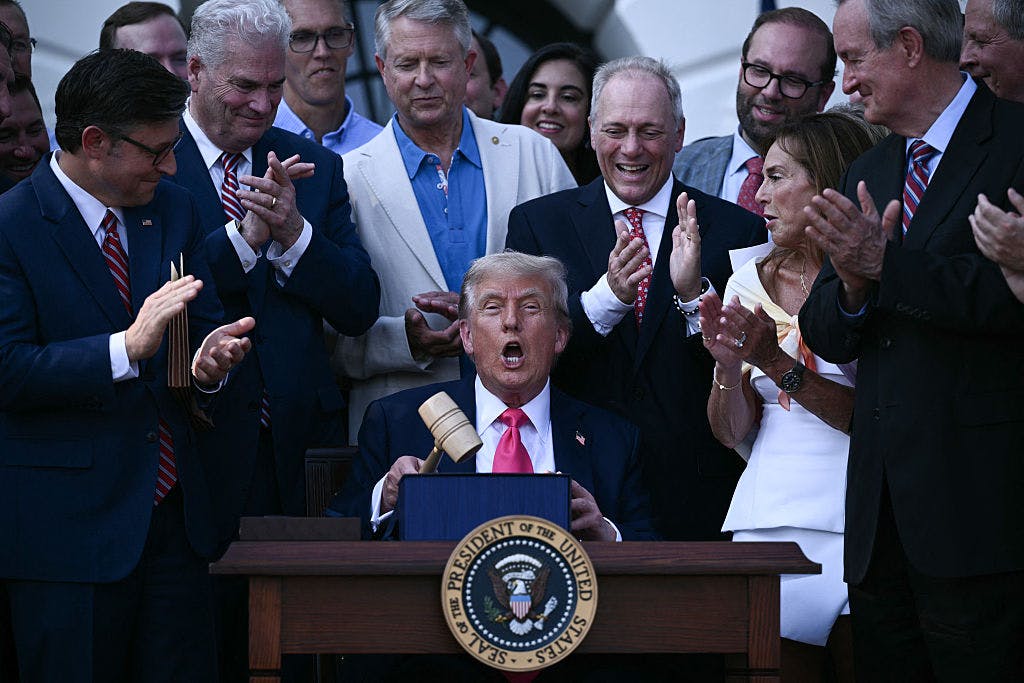In a surprising turn of events that challenges established paradigms, recent real-world outcomes concerning certain trade and tariff policies have seemingly defied the long-held predictions of economic disaster. This unfolding scenario presents a fascinating paradox for economists, who are now grappling with the divergence between their theoretical models and tangible economic performance.
For years, a consensus among many economists posited that the imposition of tariffs and a reorientation of global trade agreements would inevitably lead to severe economic repercussions, including widespread recession and detrimental impacts on international commerce. These forecasts were deeply rooted in conventional economic theories that emphasize free trade as the optimal path for global prosperity.
However, contrary to these dire predictions, these specific trade policies have, in reality, shown signs of fostering unexpected success. This includes reports of revitalized domestic manufacturing sectors and the emergence of new market opportunities for American products, potentially reducing reliance on previously dominant global supply chains.
This unforeseen divergence compels the academic community to re-evaluate their frameworks. The challenge lies in reconciling empirical evidence with theoretical constructs, prompting an introspective examination of how economic models account for the complexities and dynamic shifts of real-world economies. The objective is to understand the mechanisms behind these unexpected positive outcomes.
One perspective from academia suggests a steadfast adherence to established doctrine, even when faced with contradictory evidence. This viewpoint often prioritizes the integrity of existing theories, sometimes framing any deviation from predicted outcomes as anomalies or external disruptions rather than indicators for theoretical revision.
Another analytical angle highlights the personal and systemic biases that can influence economic interpretations. Some arguments suggest that deeply ingrained beliefs or even personal financial implications can contribute to a reluctance among certain economists to acknowledge positive results if those results originated from policies traditionally deemed unconventional or disruptive to their preferred economic order.
Furthermore, critical analysis points to a contrast between gradualist approaches to economic change and more disruptive interventions. While some economic thought favors a slow, incremental evolution of global financial systems, others contend that a more assertive, even ‘reckless,’ approach, as perceived by some, can bypass entrenched inefficiencies and yield swift, if unpredictable, benefits, albeit with inherent risks to systemic stability.
To illustrate the intricate relationship between actual economic success and its potential ‘disastrous’ theoretical ramifications, some economists have developed elaborate conceptual models. These models aim to demonstrate, often through a chain reaction of cause and effect, how a positive economic indicator—such as an accumulation of tariff revenues—could theoretically trigger a cascade of events leading to a breakdown within established theoretical constructs, highlighting the fragility of existing frameworks when confronted with empirical anomalies.
Ultimately, the current economic landscape underscores the ongoing dynamic between economic theory and real-world application. It challenges economists to continuously refine their methodologies, embrace new data, and remain adaptable to unforeseen outcomes, ensuring that their frameworks accurately reflect and effectively predict the intricacies of the global economy.






Leave a Reply